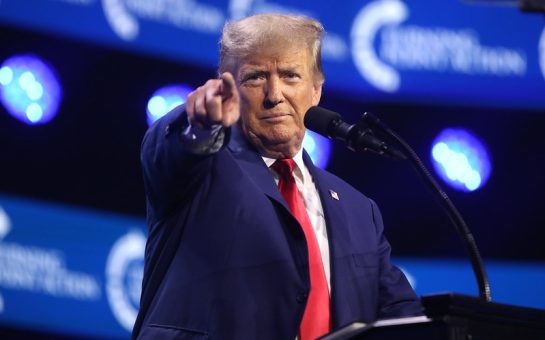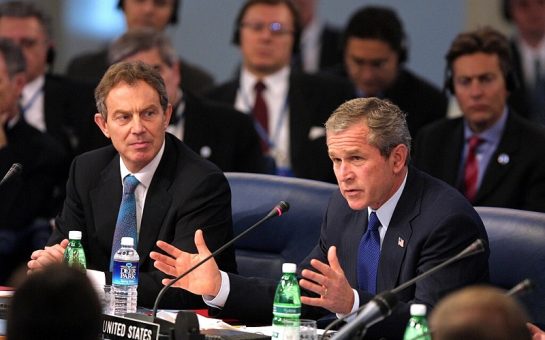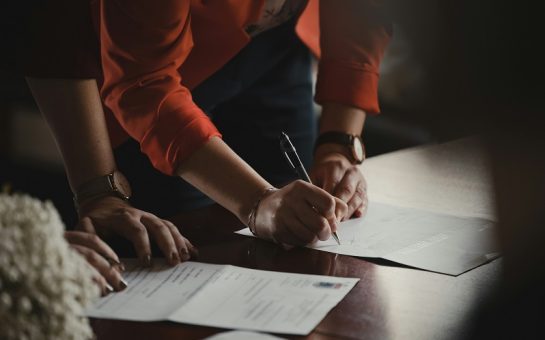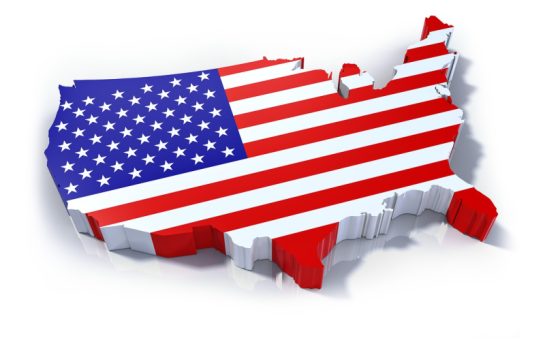Can elections be bought? Donald Trump has had the world’s richest man onside for his presidential campaign, an alliance some say has been hugely influential to the election outcome.
Elon Musk is the CEO of Tesla Motors and SpaceX, and owns social media site X. He has a net worth of $264 billion and has been a vocal supporter of Donald Trump.
In a seemingly transactional move, the president-elect has said he will put Musk at the helm of a new Department of Government Efficiency, and in his victory speech he thanked the billionaire at length, saying “he’s a character, he’s a special guy, he’s a super genius.”
Musk used his X profile with 203 million followers to frequently post promoting his endorsement of Trump following the assassination attempt in July.
This is equivalent to a huge amount of political advertising on the platform.
To equate this monetarily, David Corn, an analyst at Mother Jones’, calculated that Musk’s posts could be worth $100 million of free advertising.
This estimated 1.2 billion views of Musk’s posts over three days, and that to promote a sponsored post on X to one million viewers would cost approximately $5000.
It is suspected that Musk tweaked the X algorithm to artificially increase engagement with his posts, following his endorsement of Trump.
X has been central to this election campaign as a platform for spreading misinformation, conspiracy theories and disinformation.
X fired the election integrity team ahead of the 2024 elections, and Musk then backed up a conspiracy that the team were undermining democracy.
This calls into question the neutrality of social media platforms in political campaigns.
Beyond X, Musk set up America PAC (Political Action Committee), which called for secure borders, safe cities, free speech, sensible spending, fair justice and self-protection aligning with Trump’s Republican campaign.
Since launching America PAC, Musk has donated $75 million to the group, which has become one of the biggest private canvassing groups.
Through America PAC, Musk set up a petition for free speech and the right to bear arms, which entered registered voters in swing states into a random prize draw.
Musk pledged to give away $1 million to random registered voters in Pennsylvania, Georgia, Nevada, Arizona, Michigan, Wisconsin and North Carolina, all key battleground states, who had signed the petition.
Under US Federal law it is illegal to pay people for registration to vote or for voting, so Musk’s random prize falls somewhere in a legal grey area.
Featured image courtesy of Wikimedia Commons, with thanks





